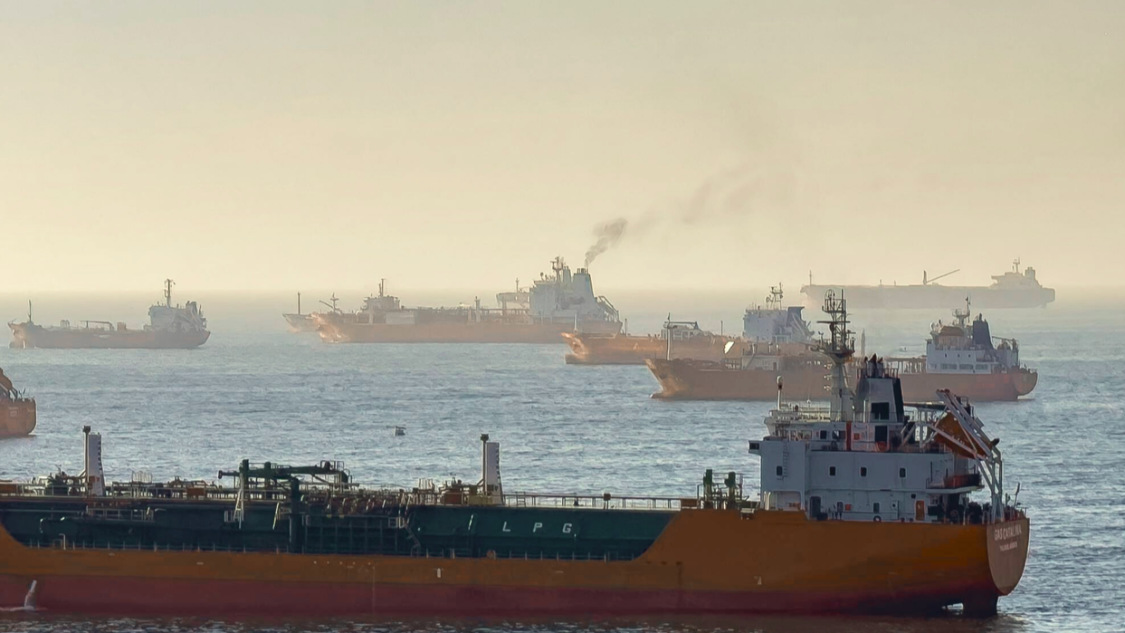Background
On 28 October 2025, Opportunity Green wrote to eight UK-based cruise travel agencies regarding misleading environmental claims made in adverts for MSC Cruises. The adverts promoted cruises powered by liquefied natural gas (fossil LNG) as “eco-friendly”, and labelled fossil LNG as “green technology” and “the world’s cleanest marine fuel”. This is despite clear evidence that fossil LNG significantly contributes to climate change.
The letter follows recent rulings by the Advertising Standards Authority (ASA), the UK’s advertisement regulator, which found that similar claims about fossil LNG-powered cruises were likely to mislead consumers, and therefore had to be removed. Opportunity Green submitted two of the complaints that led to these rulings.
The issue
Fossil LNG is often advertised as a “climate-friendly” shipping fuel, since it is capable of producing less carbon dioxide emissions than conventional marine fuels. However, methane, the primary component of fossil LNG, is 80 times more potent than carbon dioxide as a greenhouse gas (GHG) over a 20-year period. Furthermore, fossil LNG still produces significant carbon dioxide emissions over its full life cycle. Thus, a strong body of evidence shows that fossil LNG can actually cause an increase in GHG emissions, compared to conventional fuels.
Despite this, some cruise companies and ticket sellers continue to market LNG-powered ships as a climate-friendly cruise option. Such claims mislead consumers and undermine genuine efforts to decarbonise the shipping sector.
The ASA Rulings
In September 2025, the ASA ruled that several environmental claims made by cruise travel agencies about MSC’s LNG-powered ships breached UK advertising rules, as they were likely to mislead consumers. The regulator emphasised that fossil LNG is a fossil fuel, which has “potentially negative environmental impacts”.
Why this matters
Opportunity Green’s open letter reminds ticket sellers of their obligations under UK consumer protection law. It calls on them to remove misleading claims from their websites within 14 days.
Accurate climate communication is essential for a just transition to a low-carbon future. Misleading adverts erode consumer trust, distort competition, and delay action on real solutions to decarbonise the shipping industry.









